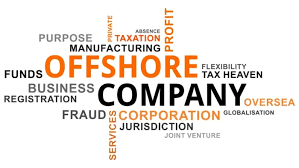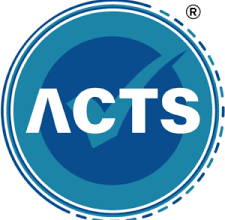Concept development services play a crucial role in transforming abstract ideas into tangible, market-ready products. These services involve a series of steps that help businesses and individuals refine, validate, and implement their concepts efficiently and effectively. In this guide, we will explore the importance of concept development services, the process involved, and answer some frequently asked questions to help you understand how these services can benefit your project.
Why Concept Development Services are Essential
- Strategic Planning
Concept development services help in strategic planning by providing a clear roadmap for turning an idea into a viable product or service. This planning phase ensures that all aspects of the concept are considered, including market potential, feasibility, and resources required.
- Risk Reduction
By thoroughly vetting and testing a concept before full-scale implementation, concept development services can significantly reduce risks. This early-stage validation helps identify potential issues and allows for adjustments before investing significant time and money.
- Innovation and Creativity
These services foster innovation by encouraging creative thinking and exploring multiple solutions to a problem. Expert teams bring diverse perspectives and expertise, which can lead to more innovative and effective solutions.
- Market Readiness
Concept development ensures that the final product is market-ready. This involves understanding customer needs, competitive analysis, and aligning the product with market trends and demands. The result is a product that not only meets but exceeds customer expectations.
The Concept Development Process
1. Idea Generation
The first step is brainstorming and generating a wide range of ideas. This can be done through various techniques such as mind mapping, SWOT analysis, and collaborative workshops. The goal is to gather as many ideas as possible without filtering them initially.
2. Idea Screening
Once a pool of ideas is generated, the next step is to screen and evaluate them based on predefined criteria such as feasibility, market potential, and alignment with business goals. This helps in narrowing down the ideas to the most promising ones.
3. Concept Development
Selected ideas are further developed into detailed concepts. This involves creating prototypes, mock-ups, and detailed descriptions. The aim is to visualize how the final product will look and function.
4. Market Research and Analysis
Market research is conducted to understand the target audience, competitive landscape, and market trends. This information is crucial for refining the concept and ensuring it meets market demands.
5. Concept Testing
The developed concept is tested with potential users and stakeholders to gather feedback. This phase may involve focus groups, surveys, and usability testing. The feedback is used to make necessary adjustments and improvements.
6. Business Analysis
A thorough business analysis is performed to evaluate the financial viability of the concept. This includes cost estimation, pricing strategy, and revenue projections. The goal is to ensure the concept is economically feasible and profitable.
7. Final Refinement
Based on the feedback and analysis, the concept is refined and finalized. This involves making any necessary adjustments to the design, functionality, and business model to ensure the concept is ready for implementation.
FAQs About Concept Development Services
- What are concept development services?
Concept development services involve the process of refining, validating, and implementing ideas into viable products or services. These services include strategic planning, market research, concept testing, and business analysis.
- How long does the concept development process take?
The duration of the concept development process can vary depending on the complexity of the idea and the specific requirements of the project. It can take anywhere from a few weeks to several months.
- What industries can benefit from concept development services?
Concept development services are beneficial across various industries, including technology, healthcare, consumer goods, automotive, and more. Any industry looking to innovate and bring new products to market can benefit from these services.
- How do concept development services reduce risk?
By thoroughly vetting and testing a concept before full-scale implementation, concept development services help identify potential issues and allow for adjustments. This early-stage validation reduces the risk of failure and ensures that the final product meets market demands.
- Can small businesses benefit from concept development services?
Yes, small businesses can greatly benefit from concept development services. These services provide valuable insights and expertise that can help small businesses innovate and compete with larger companies.
- What is the role of market research in concept development?
Market research is crucial in concept development as it provides insights into customer needs, market trends, and competitive landscape. This information is used to refine the concept and ensure it meets market demands.
- How are prototypes used in concept development?
Prototypes are used to visualize and test the concept in a tangible form. They help in identifying any design or functionality issues and gather feedback from potential users. Prototypes play a key role in refining and finalizing the concept.
Conclusion
Concept development services are essential for transforming ideas into market-ready products. By providing strategic planning, risk reduction, and market readiness, these services ensure that your concept is thoroughly vetted and validated before full-scale implementation. Whether you are a small business or a large corporation, investing in concept development services can lead to more innovative and successful products.




